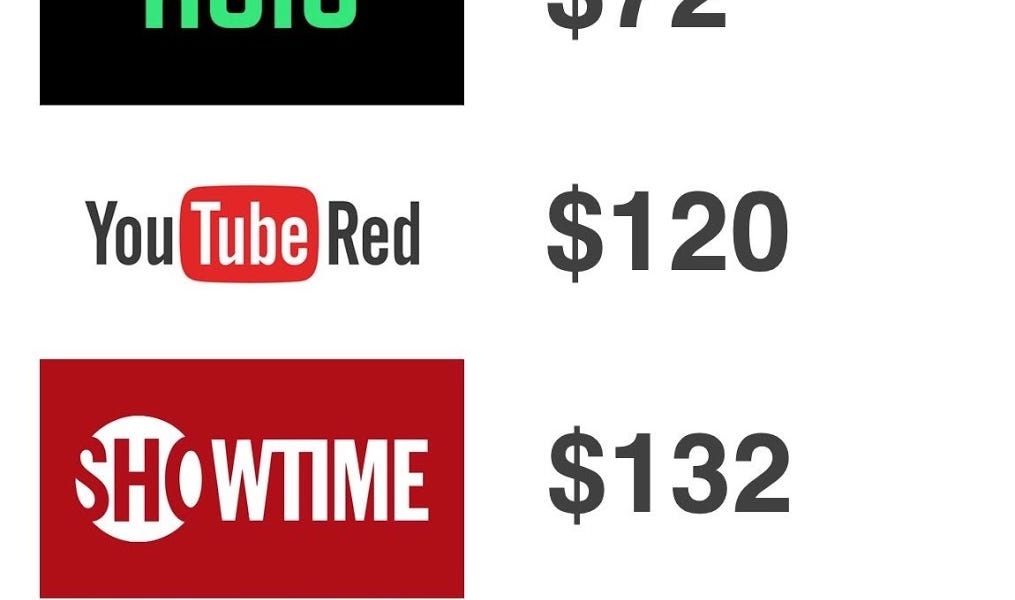Saved by sari
fastcompany.com
Roughly 200K students graduate with MBAs annually, many of whom spend almost $200K for the privilege. That equates to $40B in aggregated annual spend. While some matriculators return to school to acquire new tangible skills and pivot their careers, many enroll for (1) high-quality network expansion beyond their undergraduate and siloed professional... See more
Aashay Sanghvi • Not Found
sari added
Fast forward to today and all of the knowledge is available free on the Internet and there is far more efficient instruction (both time- and money-wise) from places like Lambda School. Recently, most schools are dropping SATs and ACTs, so the universities no longer are proxies for intelligence tests. As a result, the value of going to a prestigious... See more
Ben Horowitz • The Architecture of Tomorrow: An Interview With Ben Horowitz
sari added
In fact, you can probably make the case that in the long run, the coronavirus pandemic might help sustain the current paradigm of higher education, rather than destroy it. All it takes is one year of seriously threatening to take away everything that makes college great for us to be reminded why it’s so hard to opt out. Yes, some schools will go un... See more
Alex Danco • Positional Scarcity and the Virus
sari added

sari added
HBR’s successor may come from the same sector: education. Just as Harvard leveraged its intellectual reputation to build a publisher, modern edtechs focused on business may seek to do the same.
Mario Gabriele • Harvard, a Media Company | The Generalist
sari added
Even as the cost of tuition increased, the value of university went unquestioned. Colleges bundled education and signaling. Students who thrived in boring classes signaled traits to employers, like conscientiousness, intelligence and conformity. Now, due to the proliferation of information on the internet and the rise of affordable and effective al... See more
David Perell • What the Hell Is Going On?
sari added

sari added
Instead, as a couple of Wharton professors have suggested, what if business school consisted of ten months of campus coursework, followed by a lifetime of personalized, instantly accessible online courses featuring the latest available research? What if school never ended?